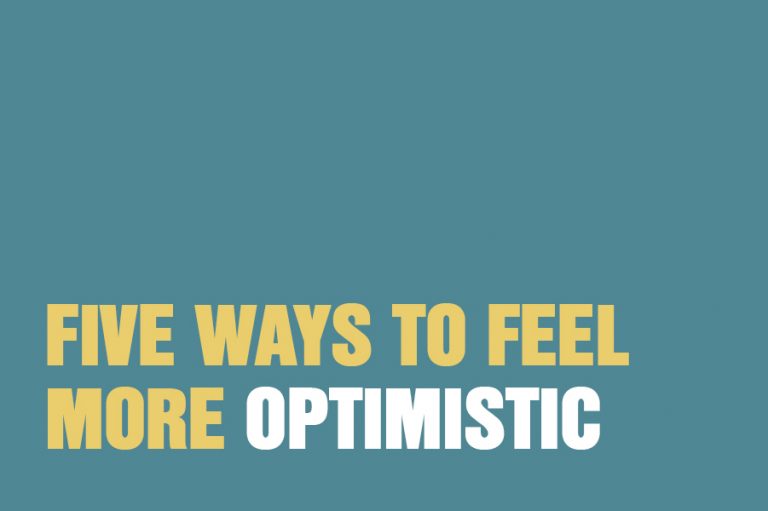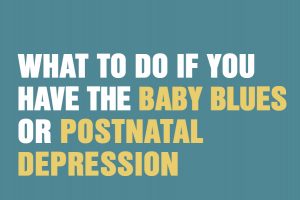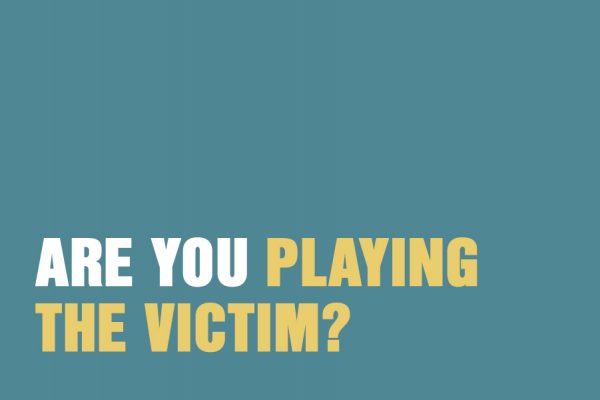The arrival of Spring traditionally blows in the chance of new possibilities and new options in life. The daffodils and snowdrops cropping up in our gardens are a metaphor for growth and starting afresh. Spring can be a chance to review all those resolutions you promised yourself at the beginning of the year – and set yourself some new, exciting ones. In short, Spring is a time to feel more optimistic about now and the future.
Optimism is defined as ‘hopefulness and confidence about the future or the success of something’. It’s the ability to think positively and to look on the bright side, to view life as a gift, and to see the world we live in as the best possible world.
But what if optimism eludes you? What if it’s hard for you to think positively because your mood is low and life feels tough? You may have got into a rut of thinking the worst, then it may be time to give your psyche a spring clean.
If you’d like to feel more optimistic through Spring, Summer and beyond, here are our suggestions…
1. Challenge your negative thoughts
If your automatic thought pattern is negative, you can start straight away to challenge your thinking. A technique you can use is to write your negative thoughts down on one side of the page. On the opposite side, re-write the thought to put a positive spin on it. Whether you believe it or not. For example, you may think “I’ve got so many things to do that I end up doing nothing and feel useless.” Challenge that by writing: “I’m spoilt for choice today and I have a lot of options in my life. I’m going to take some time to figure out what’s most important for me.” Over time, the more you challenge the negative, the more easily you can gain a positive perspective on life.
2. Clear your environment
It’s hard to feel optimistic if your surroundings are cluttered and confused. Clearing your environment on the outside can have an uplifting effect on how you feel on the inside. Plus, it will give you a huge sense of achievement once you’ve cleared out what no longer serves you.
3. Address your stress
How much time do you spend ‘on’? Do you ever allow yourself down time where you can truly relax? Or are you always running around, answering emails, taking care of others, pushing yourself to the limit? Stress can become a way of life because of commuting time, social media and 24/7 expectations. If you’re stressed then you operate in survival mode, lurching from one drama to the next. Take stock of your stress levels. Take steps to free up your thinking time. It’s hard to feel optimistic when you’re running on empty.
4. Hang out with people who support you
They say in life that people are either radiators or drains. Radiators support and enliven you, and bring happiness into your life. Drains make you feel exhausted. They compare, moan, groan, and steal your energy, robbing you of your optimism. Spend more time with the radiators in your life. Un-friend the drains.
5. Find your purpose
Studies have shown that having a purpose is a true antidote to depression. A purpose keeps you focused. It gets you up in the morning with a spring in your step. A purpose is a vision for your life that stops you from stressing over the small stuff and gets you hooked into a future that’s sunnier and optimistic. What do you want from life? Following what’s in your heart, and working every day to achieve that, is the strongest step towards having more optimism in your life.
If you feel you could benefit from professional support to boost your mood and allow more optimism in your life, give us a call on 020 8673 4545. Our Front of House team can book you in with one of our counsellors, psychotherapists or psychologists at our Clapham or Tooting centres. You can also email us on [email protected]







